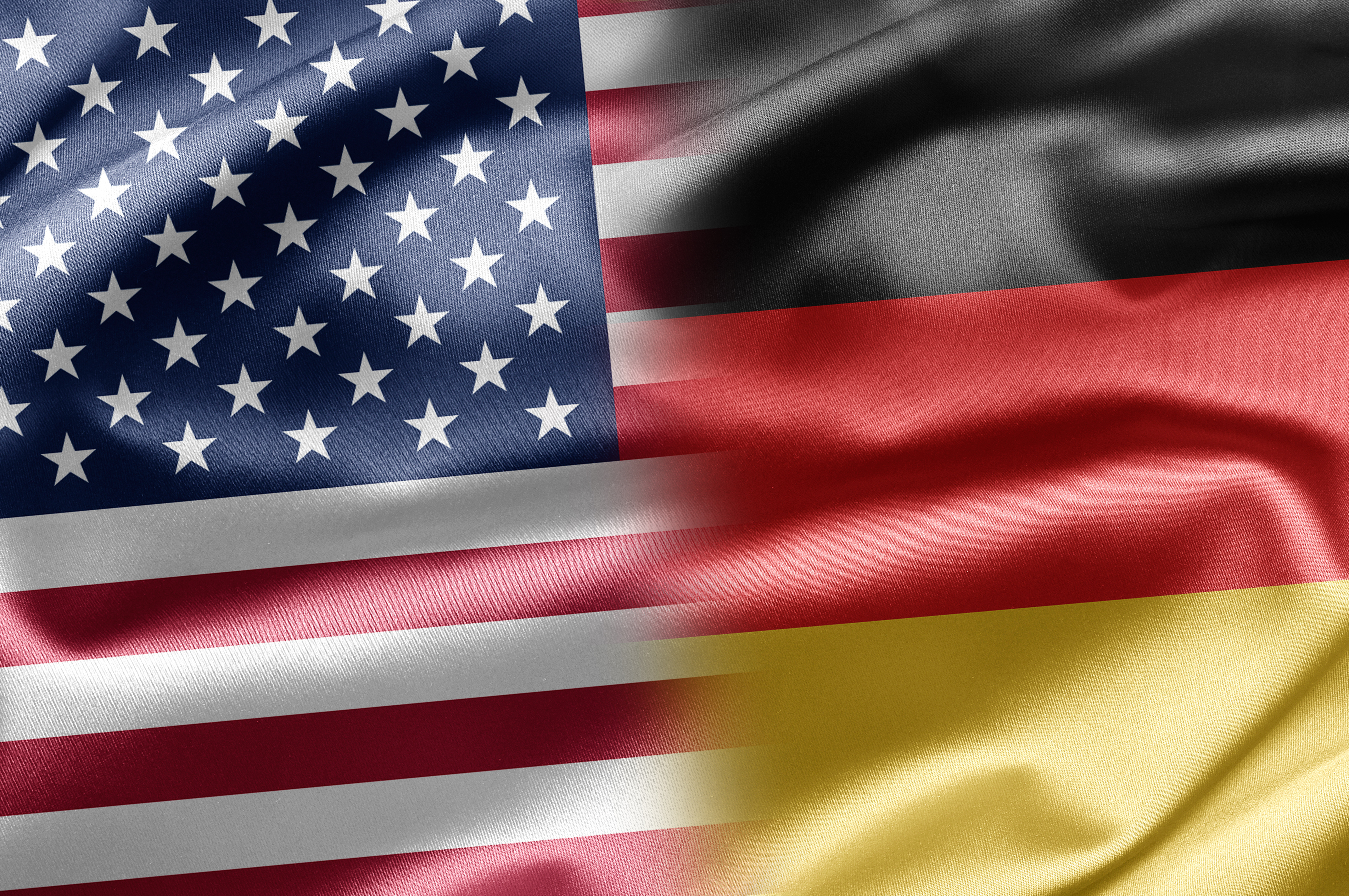Mr. Braun and Mr. Dierker, what are your plans for AmCham Germany’s policy work this year?
This year will continue to be politically determined by the Corona pandemic, and above all by the upcoming regional and federal elections in September. We are currently working on the political positions of AmCham Germany across all policy committees and want to introduce these in the run-up to the elections and during the decisive weeks and months of government formation. AmCham Germany considers the goal of good and balanced transatlantic relations to be of central importance for any new government.
What do you expect specifically from this election year and also from the new US administration in this context?
It is too early to make detailed statements about the new US administration's policy priorities in the transatlantic relationship, but it is certainly not too bold to expect a high degree of willingness to engage in constructive international cooperation. As the political opinion leaders in Washington, DC and Berlin – as well in some German federal state capitals – will change, AmCham Germany continues to be available as the platform for intensified transatlantic dialogue for the German and US government. To keep the relevance of our organization high, the contributions and experiences of our members to our positioning are of decisive importance.
Which windows of opportunity for transatlantic cooperation do you see in 2021?
Trustful collaboration of partners and an increased cooperation in international organizations are equally important. This applies to most policy areas, from healthcare, climate and energy policy to aerospace, tax policy and digitalization. Now the Europeans, and the German government in particular, must approach the new US administration and make concrete proposals on how to improve the regulatory and political framework for companies to get back on track quickly after the pandemic. In addition to all the necessary political initiatives, we should also not forget to reestablish strong support for societal and cultural exchange on both sides of the Atlantic. These activities have been under pressure in the last years but are still a key as the people in Europe and US come closer together again.
Thank you for the interview!
Download the interview here.

